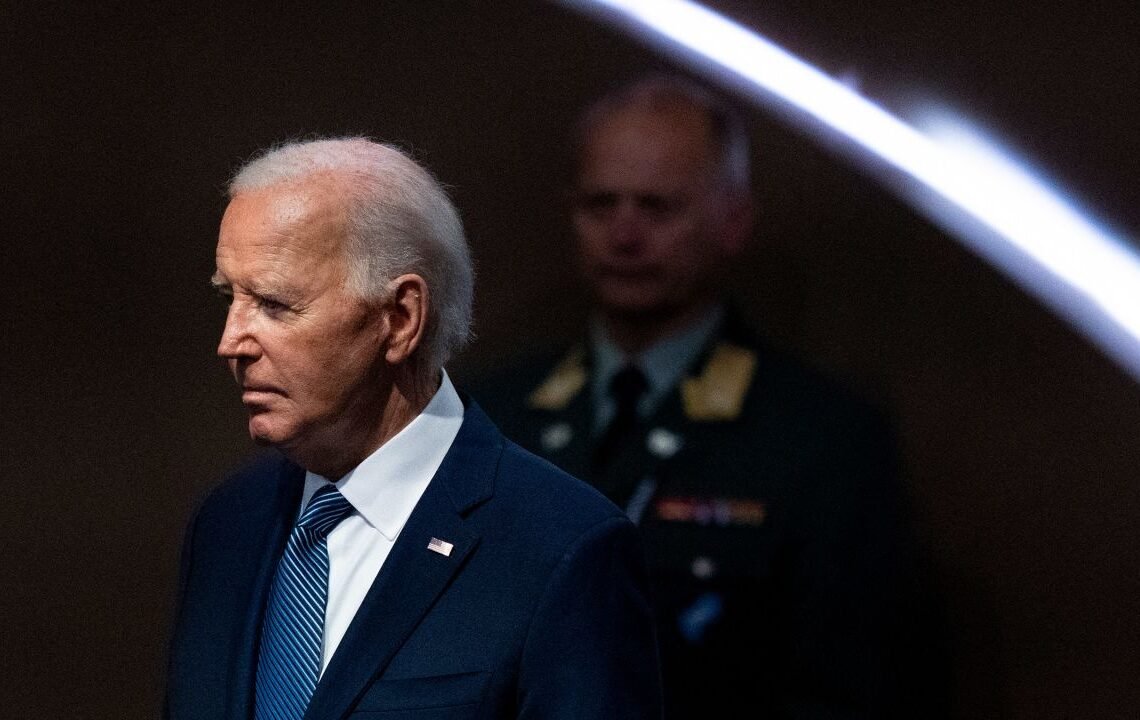The U.S. House of Representatives could not override President Biden’s veto of a bill to end SAB 121, a controversial SEC guidance. The vote was 228-184, not reaching the needed two-thirds majority to overturn the veto.
The resolution required a two-thirds majority in both houses of Congress. This means 67 out of 100 senators and 290 lawmakers in the House. On Thursday, the House vote did not achieve this. Twenty-one Democrats and 207 Republicans voted in favour, while 183 Democrats and one Republican opposed it. Congressman Drew Ferguson of Georgia was the lone Republican who voted against the bill.
Today's vote in the House to override the President's veto of the SAB 121 CRA demonstrated bipartisan support, but ultimately fell short of the required 2/3 majority.
— Blockchain Association (@BlockchainAssn) July 11, 2024
The following statement is attributed to @BlockchainAssn CEO @KMSmithDC: pic.twitter.com/NSPOni57Sd
Earlier this year, Biden vetoed Congress’s bipartisan effort to erase the Security and Exchange Commission’s policy, known as Staff Accounting Bulletin 121 (SAB 121). This policy mandates that public companies provide transparency regarding managing and protecting customers’ crypto assets. SAB 121 has sparked controversy because it could complicate financial disclosures and add to operational challenges.
The bill aimed to address concerns about privacy and equity in financial dealings, focusing on transparency and accountability among service providers. It initially passed with bipartisan support in both chambers. However, the Biden administration argued that overturning SAB 121 would undermine the SEC’s role in protecting investor interests and financial stability.
In May, the House voted 228-182 against the SEC’s crypto custody guidance. Twenty-one Democrats joined Republicans to pass legislation striking SAB 121 down. The Senate approved the motion with 60 votes in favour and 38 against, with several Democrats siding with Republicans.
The ongoing debate over SAB 121 shows how divided U.S. policymakers are over crypto. Despite attempts by crypto advocates and some lawmakers to portray the regulation as harsh and constraining, the outcome indicates how slow-moving changes are to address industry concerns.
Supporters of the resolution criticised Biden’s veto as a missed opportunity to reform what they see as overly burdensome regulation. Opponents argued for maintaining regulatory clarity and investor protection in an evolving digital economy. The deadlock in Congress reflects broader uncertainty over the future regulatory landscape for cryptocurrencies amidst rapid technological advancements and financial innovation.









